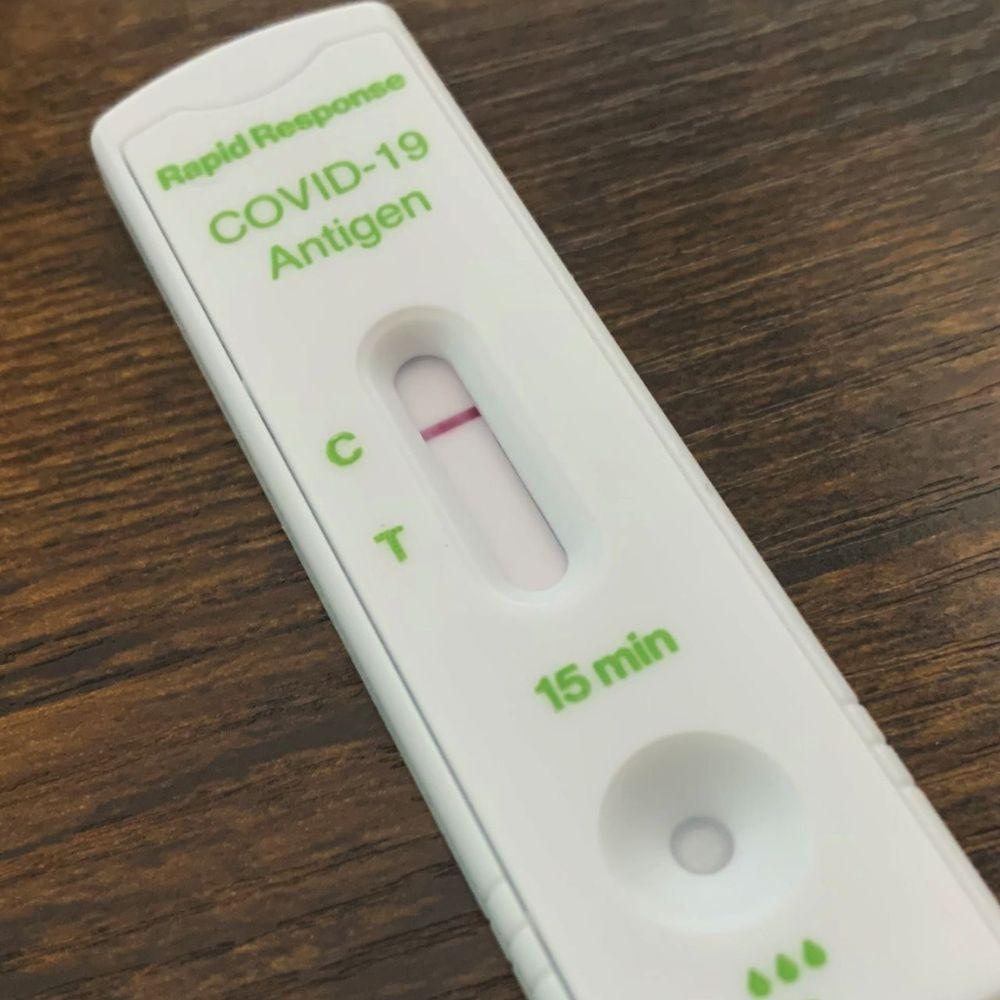The new malaria vaccine: a breakthrough for child survival
Miss these little guys? Not a chance.

But it wasn’t so long ago that COVID-19 tests were a regularly stocked item on our shelves, as our lives were being irregularly reshaped by the pandemic.
Four years ago this month. An unknown virus was stealing lives and pushing many to the brink. NOT a time we want to rewind back to, no. But it was one of the rare moments in our lifetime where the world was aligned: in the race for a vaccine.
Normally, vaccine and drug developments take many, many years. But with COVID-19, some of the best research minds pushed other priorities off their plates, and pushed the limits of innovation. To tackle the common enemy we all faced.
And they did it. In 10 months. 10 months!!
Pfizer and BioNTech were the first to offer vaccines under the code “Project Light Speed”. Canada, the US, UK and dozens of other countries mobilized quickly to begin widespread vaccination efforts.
As the largest single vaccine buyer in the world, UNICEF, our donors and partners helped get 2 billion COVID vaccines into the arms of individuals across 146 countries and territories – protecting those most-at-risk and healthcare workers who were so crucial to mitigating the public health crisis.
But here’s the rub.
Unfortunately, we don't see that “light speed” for vaccine development for other diseases around the world very often.
Malaria is one that has been frustratingly slow – with devastating loss resultingly – and it’s been around for longer than humans have walked the earth. Malaria remains one of Africa’s deadliest diseases, killing nearly half a million children under the age of 5 each year.
Last year, while life was largely back to pre-COVID normal for many, the first malaria vaccine was approved for expanded rollout AFTER 35 YEARS (yes, you read that right) of research, development, and trials.
This milestone is huge. The first vaccine developed against a parasitic disease.
UNICEF is a global leader in many areas, especially vaccines, as we help vaccinate almost half the world’s children every year. We’re thrilled to see this new vaccine developed and we’ve partnered with World Health Organization and Gavi (the vaccine alliance) to get a first run of 18 million doses of the malaria vaccine to twelve countries in Africa over the next two years.
More good news? A second malaria vaccine just received prequalification status in late December, and UNICEF will distribute it also to countries that need it most.
35 years is a REALLY long time to run a race. But we’re now at a new starting line: getting the vaccine into the arms of children across Africa at scale.
In the time it took you to read this, two children under 5 died from a disease we have a new ability to knock out.
Want to play a role in helping do it? Join us here!
